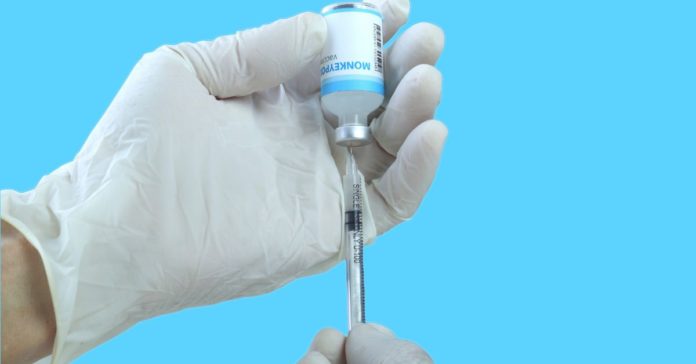Overview
As Monkeypox cases have reached over 18,000 across 78 different countries, the World Health Organization (WHO) recommended targeted vaccination for those exposed to infected individuals and those at high risk of exposure, including health workers, laboratory workers, and individuals with multiple sexual partners. But, there is a question in most of our minds – how effective is the Monkeypox vaccine?
Read on to find out more about the Monkeypox vaccine.
How effective is the vaccine?
The monkeypox virus is similar to the virus that causes smallpox, and the smallpox vaccine also has a protective effect. Past data from Africa suggests that the smallpox vaccine is at least 85% effective in preventing Monkeypox. Smallpox and monkeypox vaccines are effective at protecting people against Monkeypox when administered before exposure to Monkeypox. Experts also believe vaccination after a monkeypox exposure may help prevent or reduce the severity.
The effectiveness of JYNNEOS vaccines against Monkeypox was concluded from clinical research on the immunogenicity of JYNNEOS and efficacy data from animal studies. JYNNEOS vaccine is made by Bavarian Nordic and approved by the US FDA (Food and Drug Administration) to prevent both Monkeypox and smallpox.
The vaccine uses a weakened virus and has two doses; each shot is administered four weeks apart. It is approved for adults aged 18 years and older at higher risk of suffering from Monkeypox or smallpox.
JYNNEOS vaccine is being exported and is currently used in the US in response to monkeypox disease. It is the newest monkeypox vaccine.
ACAM2000, a second-generation smallpox vaccine, also works against Monkeypox effectively. The two diseases are closely related, both caused by orthopoxviruses, which makes this treatment possible.
ACAM2000 vaccine is available in larger quantities compared to JYNNEOS. However, it remains the second choice for the monkeypox response, as it has a side effect that isn’t safe for all.
Doctors administer the ACAM2000 by dipping a needle into a vaccine solution and pricking the individual numerous times on the upper arm. It causes a localized infection (a ‘pox’), prompting an immune response.
Who needs a monkeypox vaccine?
Most people don’t need monkeypox vaccine immediately. It isn’t a widespread rollout like the one most countries began for the COVID-19 vaccine. Monkeypox doesn’t spread easily. One usually needs to have prolonged, intimate contact with someone – such as a patient , a household member or sexual partner.
According to the CDC, one meets the criteria for a monkeypox vaccine if:
- They’re in contact with an infected person or may have been identified as possibly exposed via contact tracing.
- They’ve had a sexual partner infected with Monkeypox within the last two weeks.
- They’ve had multiple sexual partners over the previous two weeks in an area with many monkeypox cases.
But ultimately, availability and eligibility depend on where the individual lives and the local health department’s guidance. However, the response to the current monkeypox outbreak isn’t meant to be one-size-fits-all.
Conclusion
According to the CDC, the outbreak of Monkeypox is so new that there’s no data yet on how effective the vaccines will be.
Animal studies support the effectiveness of Jynneos against Monkeypox. Animal studies and human clinical trials support the effectiveness of ACAM2000.
While it’s not yet known how likely someone will get Monkeypox after getting vaccinated, one should still self-isolate if they develop symptoms of Monkeypox, such as a rash. For a vaccine to be most effective post-exposure, the vaccine should be given to an individual four days after exposure. If given between 4- and 14-days post-exposure, it may not prevent infection but may reduce the symptoms of the disease.


















